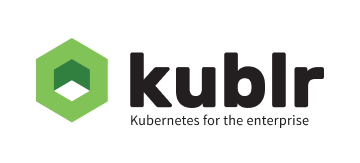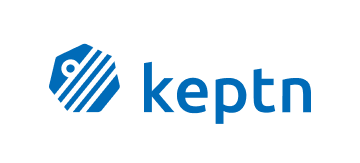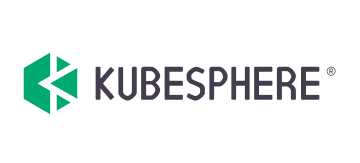
Open SourceChaos Engineeringplatform
Litmus is an open source Chaos Engineering platform that enables teams to identify weaknesses & potential outages in infrastructures by inducing chaos tests in a controlled way.
Developers & SREs can simply execute Chaos Engineering with Litmus as it is easy to use, based on modern chaos engineering practices & community collaborated. Litmus is 100% open source & CNCF-hosted.
An end to end Chaos Engineering platform
Litmus is an end-to-end chaos engineering platform for cloud native infrastructure and applications. Litmus is designed to orchestrate and analyze chaos in their environments.
Get Started in minutes
A chaos experiment can be scheduled within minutes from scratch with almost no learning curve. The initial start of your chaos engineering journey is straight forward.
Loaded with features to achieve resilience
Over time, with the monthly cadence releases and community engagement, we have added a lot of features and made LitmusChaos much easier for the end-users. With the launch of Litmus 2.0, a new way of chaos engineering can be performed by the users.
ChaosHub
ChaosHub hosts most of the chaos experiments that are needed for a quick start in Chaos Engineering. These experiments are well tested, highly tunable and declarative.
Litmus Experiments
Chaos experiments are chained either in sequence or in parallel to build a chaos scenario. Chaos Experiments are declarative, schedulable and browsable. Chaos Experiments analytics are also available.
Litmus Probes
Steady state hypothesis can be created and verified using Litmus probes. Various types of probes help users to create complete chaos scenarios close to the real application experience upon failure.
Chaos Observability
Litmus exports Prometheus metrics transforming events and results that can help to highlight and quantify the impact of chaos on the applications or infrastructure in real time via in-house dashboards and external visualisation or APM tools.
Multi Tenant for K8s
Kubernetes namespaces are used as a completely managed environments for individual developers on Kubernetes. All features of Litmus can be used within the Kubernetes namespaces.
And many more features
View more featuresChaos Engineering made easy
Litmus is highly extensible and integrates with other tools to enable the creation of custom experiments. Kubernetes developers & SREs use Litmus to manage chaos in a declarative manner and find weaknesses in their applications and infrastructure.
Get started with LitmusSee what our users are saying
about us
“Litmus is a great tool that offers out of the box generic chaos tests with different types of probes for performing validations at different time during the experiment which make automation easy.”

Samar
Lead Engineer at Orange
Orange has been using Litmus to strengthen the resiliency of their private cloud.
“Litmus was our top choice when it came to developing our cloud native chaos scenarios: it’s extensive list of experiments, open source nature, and friendly community gave us all the ingredients we needed to successfully complete our goals.”

Jordi Gil
Senior Software Engineer at Red Hat
Red Hat uses Litmus for testing the maturity of the Red Hat Openshift Virtualization solution.
“Litmus let's us easily incorporate simple chaos experiments into already existing clusters. Since it provides native Kubernetes support, it's easy to understand and modify. Also, LitmusChaos community is nothing short of exceptional, so that's a bonus!”

Adrian Gonciarz
Lead Q/A Engineer at Kitopi
Kitopi uses Litmus to continuously test the resiliency of their system.
“Litmus is one of the most promising open source chaos engineering frameworks that takes into account proper chaos engineering principles while providing autonomy and extensibility to the users.”

Andreas Krivas
Engineering Manager at Container Solutions
Container Solutions uses Litmus to provide Chaos Engineering solutions for many of their clients in improving their operational efficiency and reducing number of outages.




Inside Litmus Community
Sneak peek into activities going inside ever growing Litmus community
Featured Blog
Unveiling LitmusChaos 3.0
We are thrilled to announce the release of LitmusChaos 3.0, signifying a remarkable advancement in the field of Chaos Engineering.
Read BlogFeatured Blog
Building resilience with Chaos Engineering and Litmus
Chaos engineering is a method for testing the resiliency and reliability of complex systems by intentionally introducing controlled failures into them.
Read BlogKubeCon Europe, 2023
Security Controls for Safe Chaos Experimentation
An increasingly popular discipline that has added newer personas to its practitioner base in recent times, chaos engineering comes with its own security challenges.
Checkout VideoGet involved
Join Slack Channel
For live conversation and quick questions, join the Litmus Slack workspace. Don’t forget to say hi!
Join Slack








































